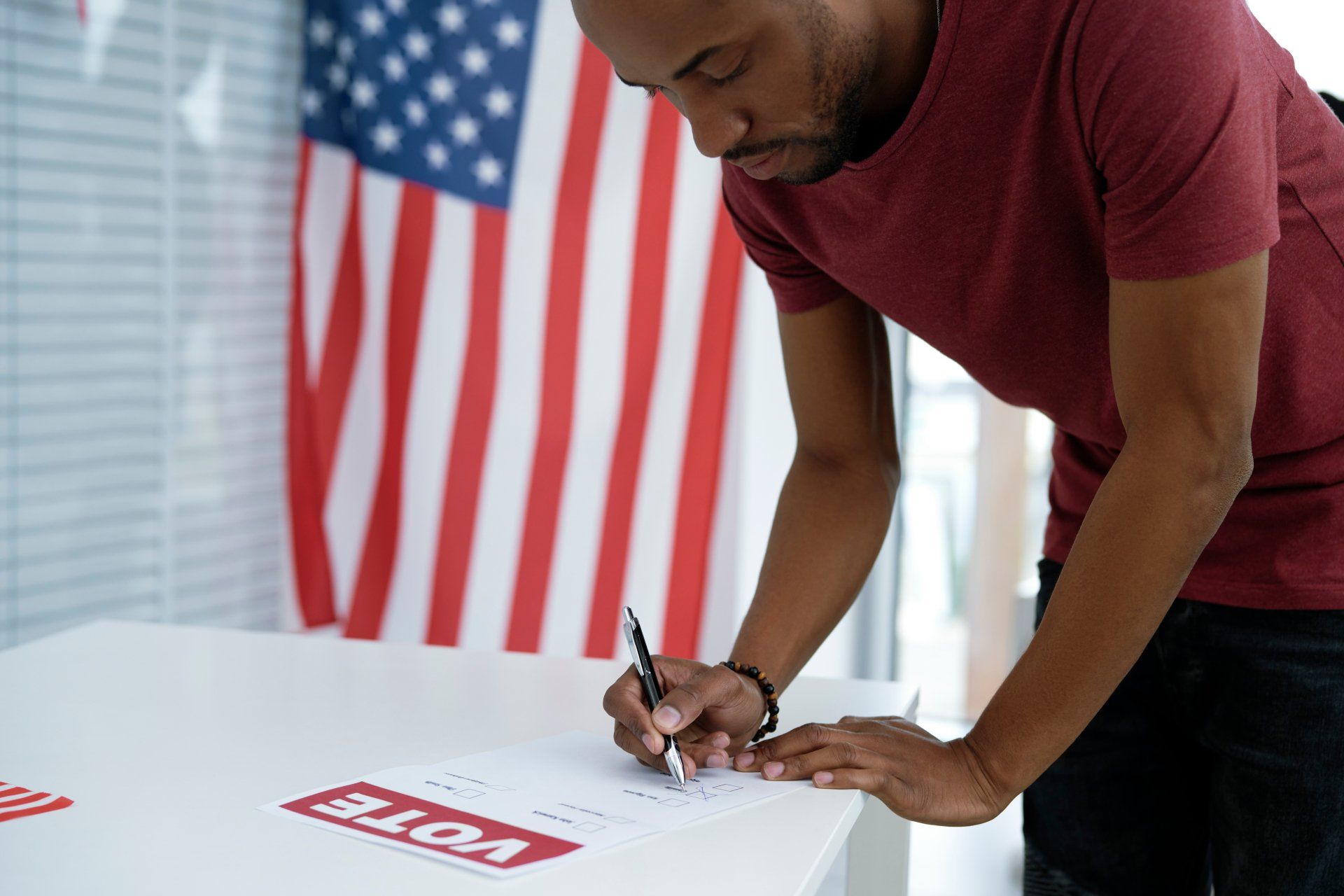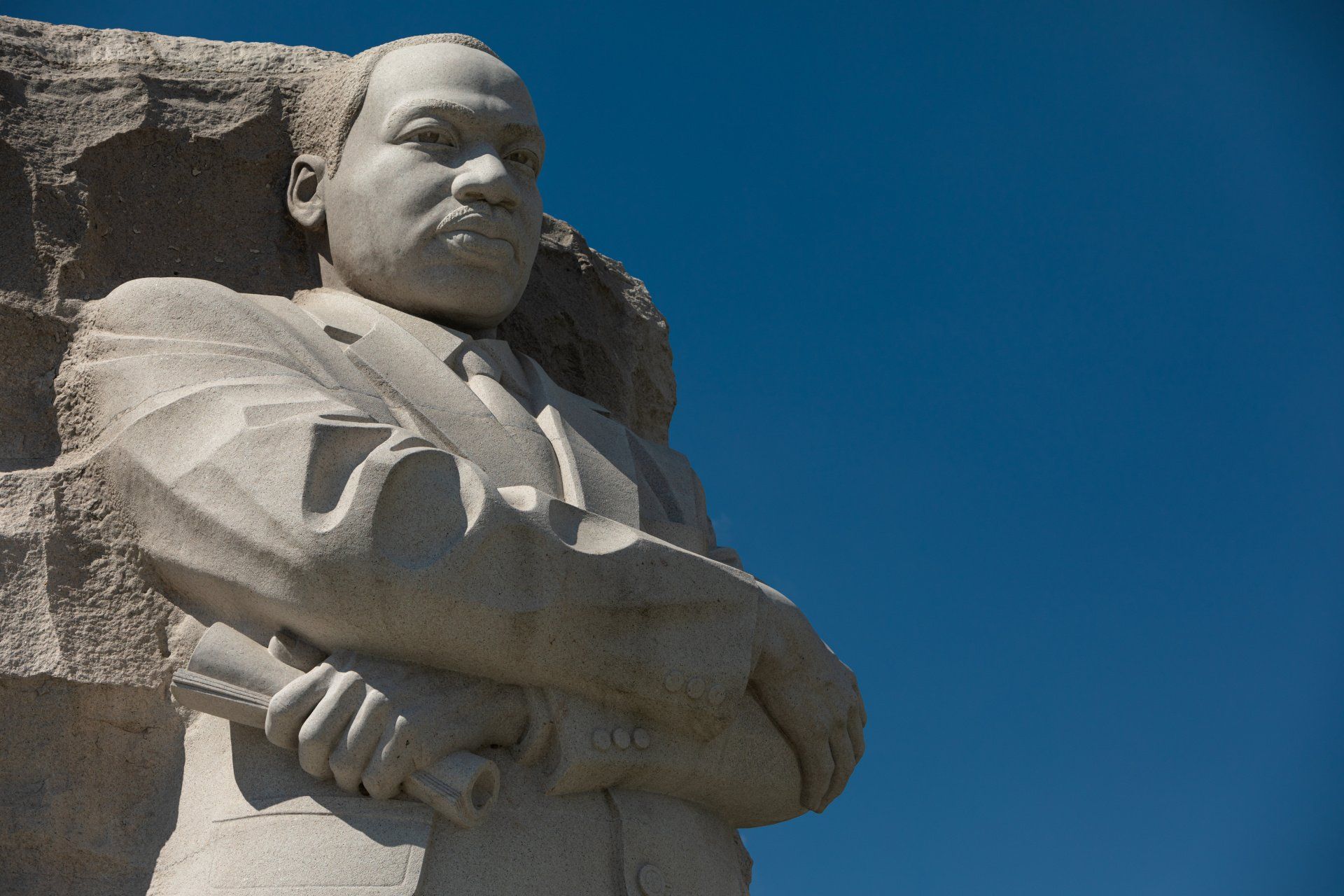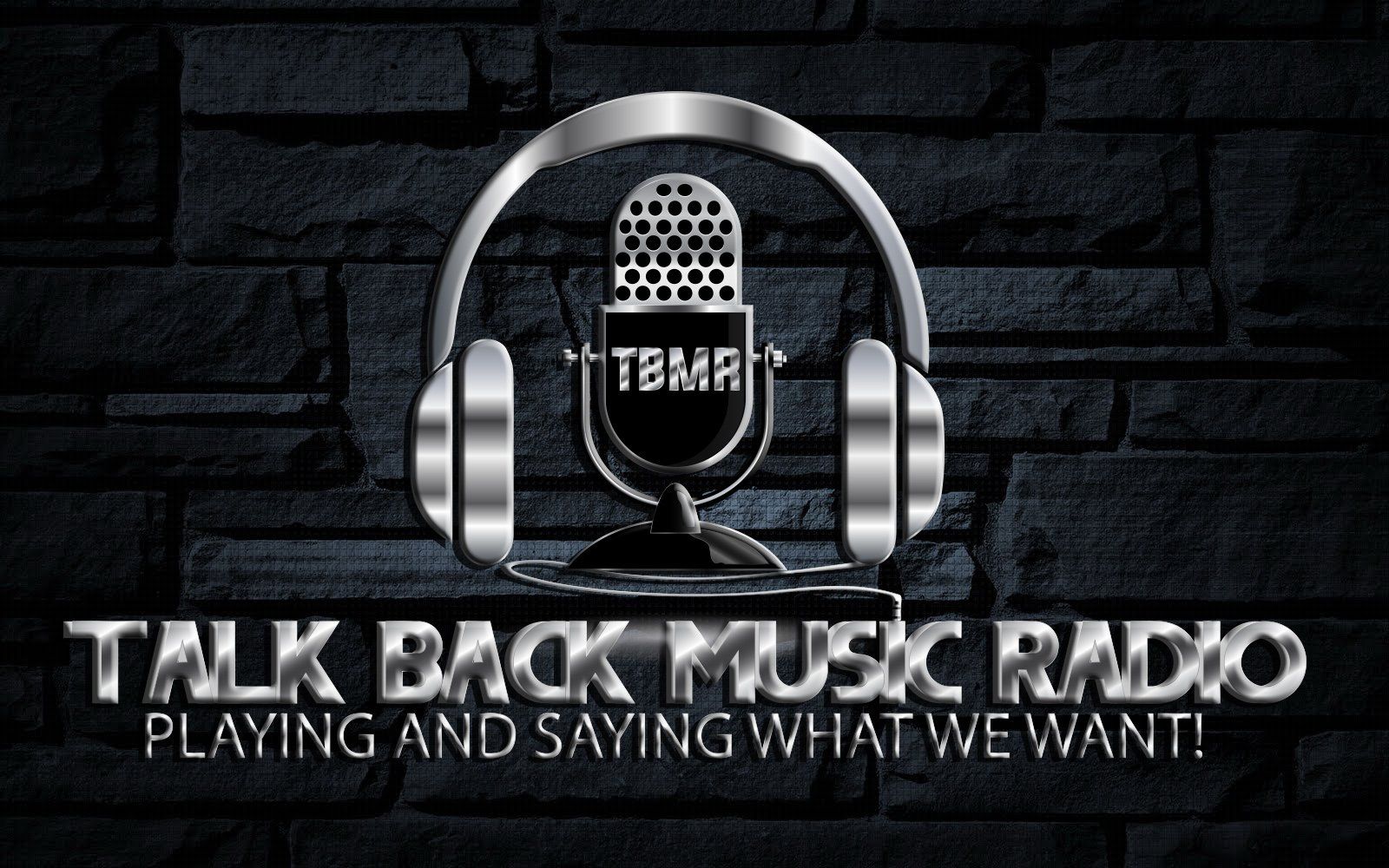Blog Layout
Spiritually Uplifted to the Polls
Oct 29, 2020

If you were a child of the 60’s you either heard, sang or marched to some version of this song:
Ain’t gonna let nobody turn me around,
Turn me around, turn me around!
Ain’t gonna let nobody turn me around;
Keep on a walkin’ Keep on a talkin’
Marchin’ down to Freedom’s land….
America has prided itself in its representative form of government. Over the decades, we have progressed from “one man, one vote” to “one person, one vote.” A citizen’s right to choose determines who educates their children, runs their towns, writes and enforces their laws, leads their states, speaks for them in Congress and even determines how they conduct themselves in local social organizations. We have come to rely upon and respect the will of the majority until the next time comes to choose.
A not so funny thing happened on the way to the forum if I may speak metaphorically. The fact of the matter is that the cherished one person one vote construct that guides our representative form of government in every hamlet, village, township, town, city, county, and state actually does not apply to the election of our country’s Chief Executive Officer. The founding Fathers injected a buffer between the vote of the people and the election of the President. It is called the Electoral College.
We could witness again, within my lifetime, a popular vote of the people that does not actually prevail in the election of the President of the United States. The vote we cast before or on November 3rd is not for the President but instead for an unknown person who pledged their loyalty to a particular political party to cast a deciding vote for the President in the Electoral College process. In that process, the person who prevails is the one who garners 270 Electoral College votes. But I digress.
Is My Vote Welcome?
Long before your vote is counted, there is a question that must be asked: Is my vote welcome? If you have tracked media coverage of Legislatures around the country over the past 10 years, it was not difficult to see that efforts abounded to marginalize your vote by restricting the number of people who could participate in the voting process. The term is voter suppression. The ACLU of North Carolina put it most succinctly in their February 2020 statement, “[s]upression efforts range from the seemingly unobtrusive, like voter ID laws and cuts to early voting, to mass purges of voter rolls and systemic disenfranchisement.” Attempts were made across in the country and in North Carolina to pass strict voter ID laws, cut early voting, cut same day voter registration, reduce and relocate polling places, purge voter rolls, tighten ex-offender disenfranchisement laws, enforce racial gerrymandering, require stricter proof of citizenship for voter registration and deny pre-registration opportunities for 17-year-old’s.
Suppression strategies have not stopped at the Legislative doorstep. Everyday we hear reports of voter intimidation at the polls. Tactics used by “ordinary people” to turn people away from exercising their right to engage. Whether they are overt or subtle, the goal is the same – keep you away.
There used to be an attitude that if you can’t beat ‘em, join ‘em. It was at least a recognition that if you lost in a fair fight, there was still a place for you in the mix. Something has changed over the years. In the words of one US Senate leader, “winners take all and losers go home.” Voter suppression strategies are designed to keep you at home and dispel the chance of there ever being a new winner.
In closing, make every effort to vote. Make every effort to encourage others to vote. Make every effort to suppress the suppressors. Let the children of the 21st Century see, hear and sing a new version of an ageless song of protest:
Ain’t gonna let no voter suppression turn me around,
Turn me around, turn me around!
Ain’t gonna let no voter suppression turn me around;
Keep on a walkin’ keep on a votin’
Marchin’ down to Freedom’s land.
Don’t Stand Back, Don’t Stand By, Rise Up VOTE!
Share
Tweet
Share
Mail
Thoughts from Henry Lancaster II

02 Mar, 2022
There is a phrase I am sure many of you have heard at one time or another: “hope springs eternal.” Another way to put it is a famous literary query “if Winter comes, can Spring be far behind?” Sixty-five years ago this May 17th, na-tional civil rights leaders called for a rally on the steps of the Lincoln Memorial hoping to get the federal government to fulfill the promise of the Brown v. Board of Education decision with supporting enabling legislation (more specifi-cally the Civil Rights of 1957 which, by the way, was filibustered to defeat by Senator Strom Thurmond). A very young Martin Luther King, Jr. joined the litany of presenters that day as the last speaker. The very young King noted that the monumental Brown decision was met with opposition in open defiance from many states. One form of opposition he addressed was “all types of conniving methods that are still being used to prevent Negroes from becoming registered voters.” He stated that the “denial of this sacred right is the tragic be-trayal of the highest mandates of our democratic tradition.” The defenders of voting rights today echo the same message in their challenges to restrictions being legislated al-most daily across the country. Decades before King, American writer and bard, James Weldon Johnson, wrote about democracy in America stating that “[t]his country can have no more democracy than it accords and guaran-tees to the humblest and weakest citizen.” Both King and Johnson spoke of the fulfillment of the American govern-ance experiment as having to be inclusive and non-judgmental. They more than intimated that America cannot suc-ceed if it does not allow all its citizens to have a voice. King stated, “Give us the ballot, and we will no longer have to worry the federal government about our basic rights. Give us the ballot, and we will no longer plead to the federal government for passage of an anti-lynching law; we will by the power of our vote write the law on the statute books of the South and bring an end to the das-tardly acts of the hooded perpetrators of violence. Give us the ballot, and we will transform the salient misdeeds of bloodthirsty mobs into the calculated good deeds of orderly citizens. Give us the ballot, and we will fill our legislative halls with men of goodwill and send to the sacred halls of Congress men who will not sign a “Southern Manifesto” because of their devotion to the manifesto of justice. Give us the ballot, and we will place judges on the benches of the South who will do justly and love mercy, and we will place at the head of the southern states governors who will, who have felt not only the tang of the human, but the glow of the Divine.” Arguably, the United States Constitution was intended to be the beginning of a nation’s evolution not a marker in time to fit the interests of those “in charge” at the time. I say arguably because so many of the founding fathers and their successors were purveyors of our country’s original sin. Contradictions have ravaged our past. But over time however, amendments have been adopted to right the wayward ship. And it is those amendments that have ex-panded the nation’s contract with its citizens that all men are created equal and are endowed with inalienable rights to life, liberty, and the pursuit of happiness. Voter suppression is hands down a breach of that contract. If one’s Second Amendment right to bear arms is con-sidered untouchable so should be another’s right to participate in structuring their governance. That is, a voter has the right to enter a polling place with the expectation that their vote can and will make a difference. If that voter is left with the impression in any way that the exercise of the right is mathematically insignificant for any reason other than their inability to rally like minded voters, then a breach has occurred. A breach of that magnitude is un-American. If hope truly springs eternal, it is because each election season has meaning for more than a privileged few. (References to Dr. King can be found at the King Research and Education Institute at Stanford University)
